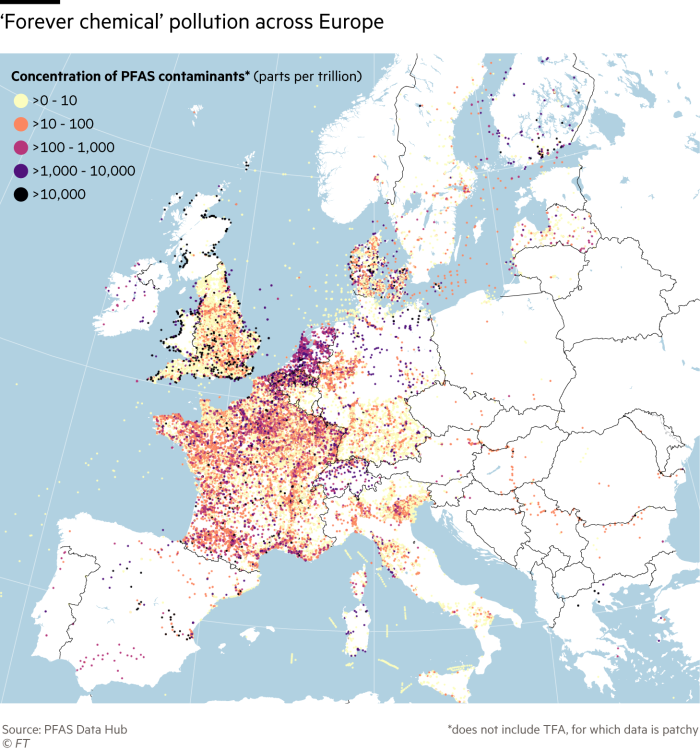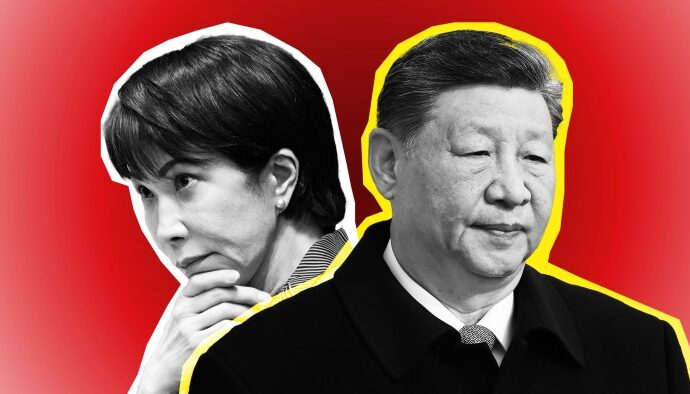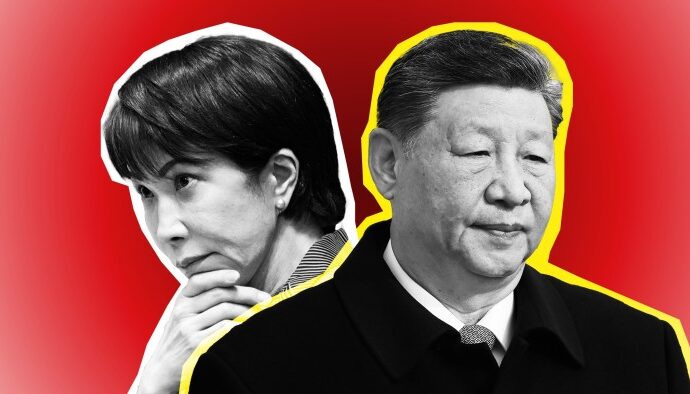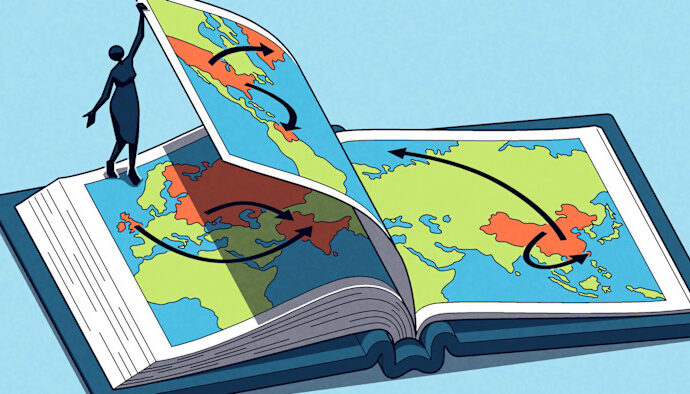Good morning. US President Donald Trump has said he believes he is “very close” to sealing a peace deal in Ukraine, even as Russia signalled that it would reject a proposal influenced by Kyiv’s European partners.
US special envoy Steve Witkoff had advised Putin’s top foreign policy aide Yuri Ushakov in an October phone call on how to pitch a peace deal to Trump, suggesting that they emulate his approach to securing a deal in Gaza, according to Bloomberg,
Today, our Paris and trade correspondents preview a big day in the French and wider European efforts to crack down on Chinese-owned retailer Shein, and our climate correspondent explains today’s vote on whether to cut back the EU’s landmark deforestation law.
Sheinanigans
Troubles are mounting for Chinese-owned retail platform Shein as it faces a ban in France, censure by the European parliament and tougher controls on the toys it showcases, write Adrienne Klasa and Andy Bounds.
Context: Shein and other online retailers including AliExpress have come under scrutiny for hosting third party listings for illegal products on their websites. French prosecutors opened formal investigations into Shein and others earlier this month, and its marketplace was temporarily suspended.
While others have also faced scrutiny, Shein has found itself particularly in the spotlight after the company opened its first physical store in France this month, attracting crowds and protests.
Today, the French government will try to convince a judge to ban Shein’s ecommerce site in the country for three months, allowing it to return only “under conditions”, after illegal weapons and sex dolls resembling children were found for sale on its marketplace.
No decision is expected for some days after today’s hearing, officials said.
“The law for confidence in the digital economy stipulates that the president of the court may take all measures necessary to prevent or stop harm caused by the content of an online platform,” a finance ministry official said.
The official added that the government’s action aimed to “combat all forms of wrongdoing: the sale of illicit products which are subject to criminal proceedings, the fight against public disorder . . . and finally the risk at the European level which we are raising with the [European] Commission”.
Meanwhile in Strasbourg, European lawmakers are equally incensed. Yesterday, they approved tighter standards for toys, just a week after new research found Shein and other online platforms were selling dangerous goods for children.
Today, MEPs are likely to pass a resolution calling for more effective policing of platforms such as Shein given “a systemic pattern of inadequate oversight and insufficient preventive mechanisms”.
Shein did not respond to a request for comment.
Chart du jour: Ending forever

Leading chemicals companies have quietly begun to remove “forever chemicals” from their production as the risk of litigation grows and the EU looks to impose broad restrictions on their use.
Pruning
A decision to cut back the EU’s landmark deforestation law will be put to the vote in the European parliament today amid concerns that the bloc is backing away from the law’s original goals, writes Alice Hancock.
Context: The deforestation regulation will outlaw the sale of commodities such as cocoa, coffee, rubber and soy from the bloc’s market if they have been produced on deforested land.
The law has been highly controversial with the EU’s trading partners from the US to Indonesia, who argue that it punishes smallholders and is wildly complicated and bureaucratic.
Under pressure from both other countries and EU member states, to which the law also applies, the EU agreed last year to delay its implementation for one year until January 1 2026.
In the summer, however, the EU’s environment directorate found that the IT system it set up to file proof that products were compliant, did not have capacity for the vast number of entries it was likely to receive.
Consultancies had set up AI tools for importers to use, which could have flooded the system with tens of millions of entries per day, according to officials involved.
The commission has therefore delayed the law a further year for small companies and vastly reduced the level of compliance. Penalties for non-compliance will not be applied for the first six months.
MEPs will vote on those changes today, with many suspecting that the IT problems were a cover for the commission to water down the rules.
The vote is likely to be deeply divided after centre parties failed to find an agreement on the changes to the law.
Dutch liberal Gerben-Jan Gerbrandy said that it was “unprecedented” that the commission should fail to explain the IT problems and had left its opponents with “an opportunity to gut the law”.
What to watch today
European Commission president Ursula von der Leyen gives a speech about Ukraine peace plans at the European parliament in Strasbourg.
EU foreign ministers meet virtually to discuss war in Ukraine.
EU chief diplomat Kaja Kallas and Chilean foreign minister Alberto van Klaveren chair EU-Chile council in Brussels.
Now read these
Eyes in the sky: Poland wants to deploy drones to protect infrastructure from sabotage, following a railway explosion the government has blamed on Russia.
Bump in the road: Volkswagen’s cost-cutting drive has suffered a setback as not as many employees are accepting departure deals as planned.
Protectionist dilemma: How should China’s trade partners respond to its explicit intention not to trade with them as equals?
Are you enjoying Europe Express? Sign up here to have it delivered straight to your inbox every workday at 7am CET and on Saturdays at noon CET. Do tell us what you think, we love to hear from you: europe.express@ft.com. Keep up with the latest European stories @FT Europe


